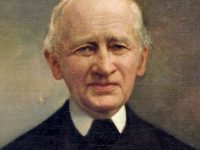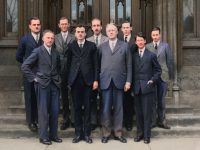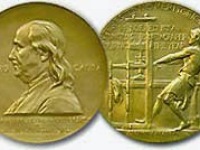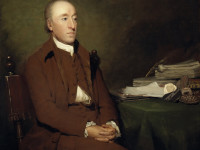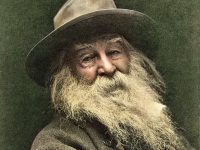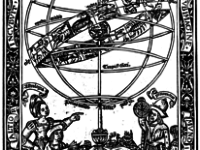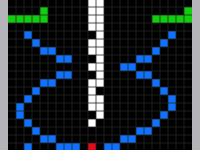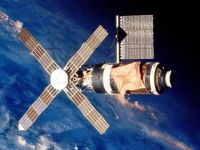Johann Gottfried Galle and the First Observation of Planet Neptune
On June 9, 1812, German astronomer Johann Gottfried Galle was born. Galle actually was the first person to view the planet Neptune and know what he was looking at, by making use of the calculations of his fellow astronomer Urbain Le Verrier. Background Johann Gottfried Galle Johann Gottfried Galle studied at the Friedrich-Wilhelms-Universität Berlin between 1839 and 1833 and started to work at the new Berlin Observatory two years later. There, he worked…
Read more

